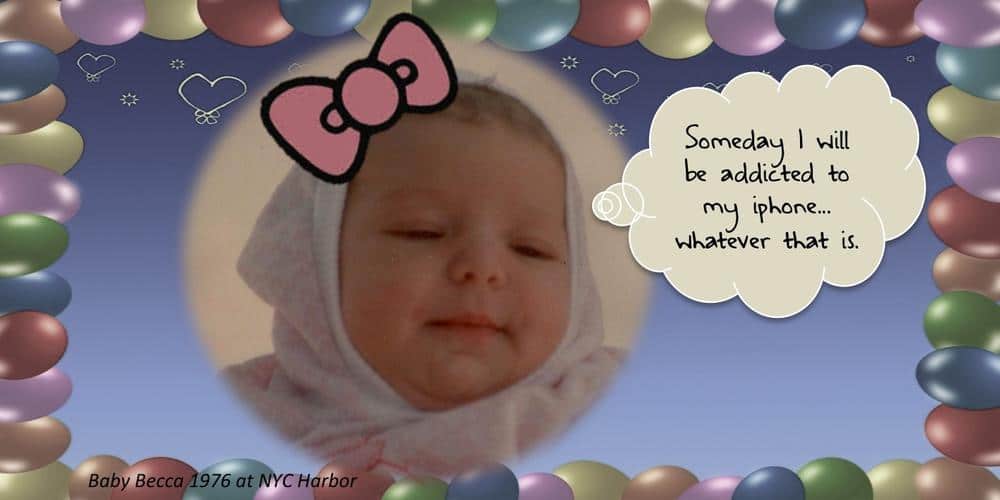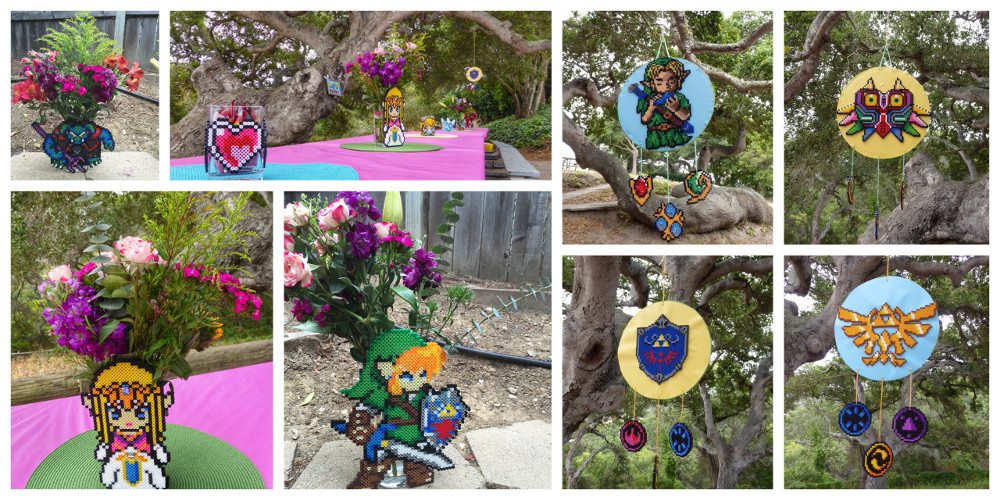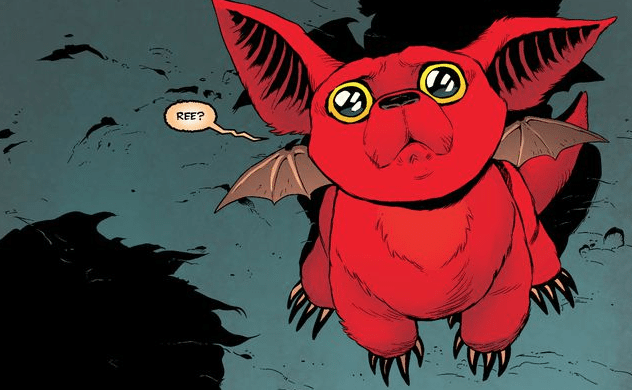
Lynda Carter’s Wonder Woman is imprinted on your consciousness if you grew up in the 1970s and 1980s. As a kid, I sat in my parents’ very 1980s basement, the kind with that weird wall-to-wall nubbly carpet and fake wood paneling on the walls. If you’re a child of the ’80s, you know exactly what I’m talking about. I watched Wonder Woman for the action and the heroine. When I retreated into fantasy, she was my hero, and her villains were my villains. At the time, I had no idea how much I absorbed sucking my thumb while sitting in the orange rocking chair in front of the black and white TV.
Preparing for Wonder Woman Day, I turned to the world of electronic media and bought the first season of Wonder Woman on Amazon Video. I approached my viewing with the critical eye of an academic. I cringed at some of the lines. I cringed at the person dressed in a gorilla suit. I cringed watching Amazons meander around in negligee intended to embody Greek clothing. Then something magical happened.
I found that I was just a little kid again. Well, I was about as much of a little kid as you can be when you’re stopping to take notes on the closed captioning so that you can write something later. I found myself transported back into the world of Lynda Carter’s Wonder Woman. I was as absorbed at thirty-nine as I was at nine. As I took notes, I realized that much of the way I view my feminism today comes from watching that show.
Women’s Intelligence Elevates Them
Wonder Woman visually represents women’s physical strength. As expected, she lifts cars and fights bad guys without breaking a glisten. Unexpected was the message regarding women’s intelligence. This message is not just “girls can be smart.” At every turn, Wonder Woman proves her intellectual strength matches her physical strength.
Episode 7 highlights the importance of Wonder Woman’s cognitive strength. As the episode focuses on the scientific discovery that earthquakes can be predicted and controlled, the Nazis steal the Pluto File containing the research. Lynda Carter’s Wonder Woman takes one look at the equations and gets to work solving the scientific problem facing the War Department. After working on the problem, she notes “integral calculus is always problematical.” After solving the equation, the professor stares in awe proclaiming her intelligence.
As a kid, I wanted action. I wanted Wonder Woman to throw people around the room in horribly choreographed fights. I wanted to see windows smashed. As an adult, I realize that Wonder Woman’s true strength is her mind. Wonder Woman was my hero because she was cool and strong. Wonder Woman is my hero because she’s cool and smart (and strong). Women are not defined by their bodies but by their mind. Despite walking around in a star-spangled bathing suit, Wonder Woman’s strength came from her ability to analyze, to think, and to problem solve.
Sisterhood Lies in Intelligence
Intelligence not only elevates women, but it creates the foundation of sisterhood. In an age before the push to get girls into STEM, when high school teachers still told girls they didn’t belong in physics classes (yes, in my high school), television did not often promote intelligent women. In an age when women who chose to be leaders were vilified even more than they are today, ambitious women were portrayed as heartless beasts clawing their way to the top. Wonder Woman showed girls a new way.
Lynda Carter’s Wonder Woman showed us that our intelligence can be the cornerstone of sisterhood. In Episode 2, Wonder Woman respects The Baroness despite them being on opposite sides of the war. At the end of the episode, Wonder Woman states, “I certainly hope the Baroness recognizes that freedom and democracy are the only causes worthy of her intelligence.” In Episode 3, Wonder Woman turns to Fraulein Grables telling her, “Fraulein Grables, you are a woman of great intelligence and should not be taking orders from that man.” In both these instances, Wonder Woman’s sense of connection is not from some vague notion of genitally defined sisterhood. She respects and feels kinship with these women because of their intelligence.
Wonder Woman asks these women, her ideological enemies, to use their intelligence to find a better way. She raises these women up. She sees them as equals not based on physical strength or an accident of birth but for their intellectuality. Wonder Woman embodies the belief that sisterhood comes from a shared belief in the power of the mind.

Anyone Can Stand Up to Misogyny
One of the continued themes in Lynda Carter’s Wonder Woman is that of women empowering themselves despite the constant mansplaining. Throughout Season 1, the Nazi males discredit intelligent women. The Nazi regime often represents a patriarchal society. In Episode 1, Wonder Woman notes, “No the Nazis don’t care about their women.” From the start, we see that the Nazi regime acts as a metaphor for misogyny. Over and over, men undermine and ignore intelligent, villainous women.
The Nazi men continually gaslight the women. When Fraulein Grables tries to get the male Kesselman to use Wonder Woman’s lasso to entrap our heroine, the Nazi male “I know the ploy fraulein. You are trying to make me look ridiculous in front of my men!” A frustrated Grables responds, “I am trying only to convince you of the truth!” When the lasso works and Wonder Woman gives away information about Paradise Island, Kesselman yells, ” Such information is utter rubbish! Can’t you see she’s trying to make fools out of us? I refuse to let you waste any more time–we will do this my way.” He continually puts Grables down. He demeans her. He yells at her. He seeks to make her stop believing in herself. Grables knows what the lasso does. Despite the far-fetched discussion of Paradise Island, she knows that it must be the truth. Kesselman tells her she is wrong so strenuously she must be questioning herself on some level.
The Nazis use torture on their enemies and their women. Over and over, the Nazi men force Grables to defend herself. This emotional abuse could come in no better metaphorical package. After the Nazi men abandon Grables in Episode 3, she saves Wonder Woman and Steve Trevor. Realizing the error of her ways, she leaves to find others turning from the Nazi regime. Wonder Woman thanks her, adding, “You’re an example to women all over the world who want to be free.” Grables responds, “And you showed me the way, and now I must show others.” Embedded in this short interaction are layers of bravery.
Grables leaving the Nazis literally means that she is no longer a willful participant in the regime’s horrors. Metaphorically, she walks away from a misogynistic, emotionally abusive relationship. She takes control of her life. She leaves behind everything and reclaims her own identity. Her bravery in standing up to the toxic misogynistic culture was empowered by Wonder Woman, but then she carved her own future.
Kindness and Honesty Are Optimistically More Powerful than Evil
No matter how much I publicly decry people as being generally horrible, the truth is that in my heart I believe people can be better. I believe that people can be honest and kind. In Episode 1, Wonder Woman tells us, ” Where I was brought up, women were taught to respect honesty.” Later, in Episode 2, Wonder Woman states, ” Where I was raised, we were taught that good must triumph over evil, and that women and men can learn.” Perhaps I am secretly from Paradise Island, but no matter how old I get, I desperately want to believe in honesty and goodness triumphing. In a world where wars claim the lives of children and people deceive to gain power, this becomes increasingly difficult.
At the heart of Lynda Carter’s Wonder Woman lies this deep sense of hope and optimism. In campy Episode 7, the Nazi Erica has trained the giant gorilla Gargantua to attack Wonder Woman. Despite being attacked, Wonder Woman repeatedly shows him kindness. Wonder Woman befriends him, saves him, and releases him into the wild. Before doing this, Wonder Woman reminds viewers, “It’s just a little kindness and tenderness and love that transcends those barriers with animals. And with people.” Wonder Woman reminds us that tenderness and love can overcome the powers of evil.
She’s right. In a world where we can choose to focus on the worst in humanity, we need to remember that we are powerful when we are kind and honest. Kindness and honesty are ways to fight the evils in the world. When we choose to fight against hatred and deceit, when we choose kindness and honesty, we choose optimism.These lessons from Lynda Carter’s
These lessons from Lynda Carter’s Wonder Woman have formed the me that I am today. I believe in the power of the mind, in sisterhood through intellectuality, and in optimism. I believe in these stories and lessons. I don’t believe in them, however, because of the writing. I believe in them because Lynda Carter is Wonder Woman.
The show cannot be divorced from the actress. Without the actress, the character could have failed. Ms. Carter delivered these lines and stories with confidence. She portrayed Wonder Woman as being naïve about the world but also wise about humanity’s capabilities. She gave us a soft-spoken, confident heroine who led by example. She gave us everything powerful about intelligent, honest, kind women.
Lynda Carter’s Wonder Woman was everything I wanted to be when I grew up. Her Wonder Woman has informed so much of my approach to life in ways I didn’t even recognize until I was an adult. As a mother, I take these with me into my parenting. I teach my child to respect women. I teach my child to follow the lessons of Wonder Woman. I do this because my child represents the future of our civilization. And, to quote Wonder Woman,
Any civilization that does not recognize the female is doomed to destruction. Women are the wave of the future, and sisterhood is stronger than anything.




